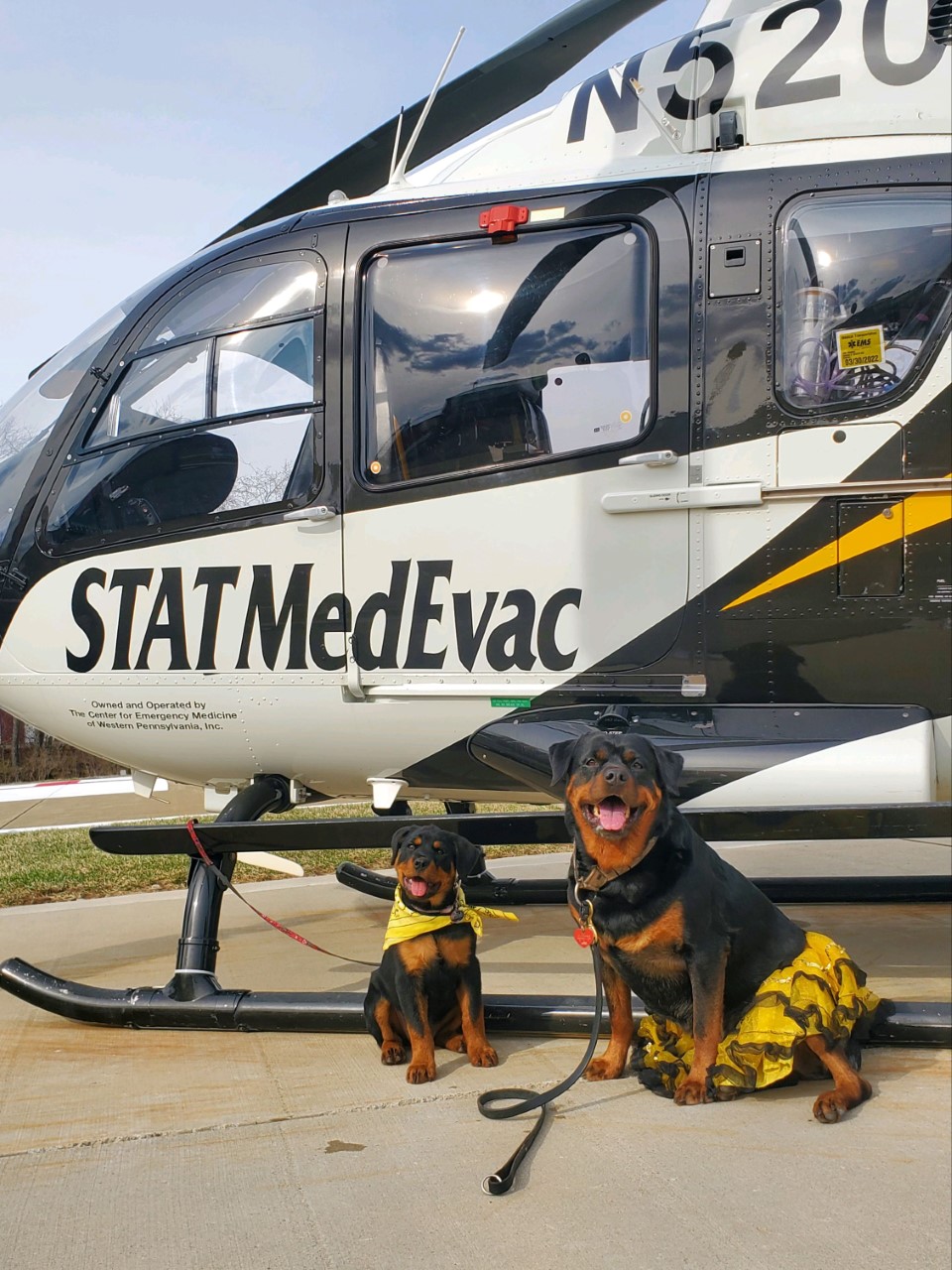As we close out PTSD Awareness Month, we’re highlighting STAT’s internal PTSD committee with Sarah Anderson and Hollee Russell.
Can you tell us a little bit about your backgrounds? How long have you worked with STAT?
Sarah: I’ve worked for STAT for over 15 years. During that time I’ve worked as a Flight Nurse, Outreach Coordinator, and now Regional Medical Manager, but I also spent some time at UPMC Children’s as part of their Pediatric/Neonatal Transport Team.
Hollee: I have been a nurse for 24 years. I have worked Surgical ICU, Cardiac ICU, and ED. I also worked as a paramedic for 3 years. I have been with STATMedEvac for 19 years.
Can you tell us about the beginning of the internal PTSD committee?
Sarah: We began our journey to a formal Peer Support group prior to the pandemic. Originally it was just me, asking for support from STAT to move forward with a more formal group. I attended a few small classes and met with Dr. Sheila Roth. Then when the pandemic was here, we paused because we couldn’t find any formal CISM training. Finally, we were able to send a small group to a CISM program and we started moving again. Most recently we’ve started to really gain momentum by identifying chair/co-chairs for our group, hosting organized debriefs, and offering support to local services.
What are some symptoms of PTSD that are often overlooked or dismissed as “just part of the job”?
Hollee: Some of the symptoms of PTSD that are overlooked or dismissed – sleep disturbances. A lot of EMS works crazy shifts, and often blame schedules or use of coffee for lack of sleep or not getting good sleep. Another symptom I think is overlooked is losing interest in activities. It’s a cycle – people are not resting well, leads to just not doing the things that they are interested in.
Sarah: People should accept peer support when they’ve experienced something (or many things) that don’t seem to be fading from their mind (recurring thoughts, concerns, etc.). Talking with people who have experienced the same thing(s) is really helpful. Additionally, once people talk with us, we can put them in touch with experienced and licensed providers who really are qualified to help.
What resources do you offer EMTs and other staff?
Sarah: We offer a couple options. Our primary service right now is to our employees but we’re happy to help others if they request it. If anyone wants to talk 1:1 we can do that. If they would accept a debrief (group setting, informal) we arrange that. We also offer direction to formal support and of course, the dogs!!
Hollee: I can talk about the dogs forever! We have registered therapy dogs that will visit the bases – just to stop in to say hello. We are utilizing the dogs at education day events, and during post event debriefings. We have had a great response to having dogs available!
The dogs’ names are Eastwood, Billie, and Reuben (not pictured).



